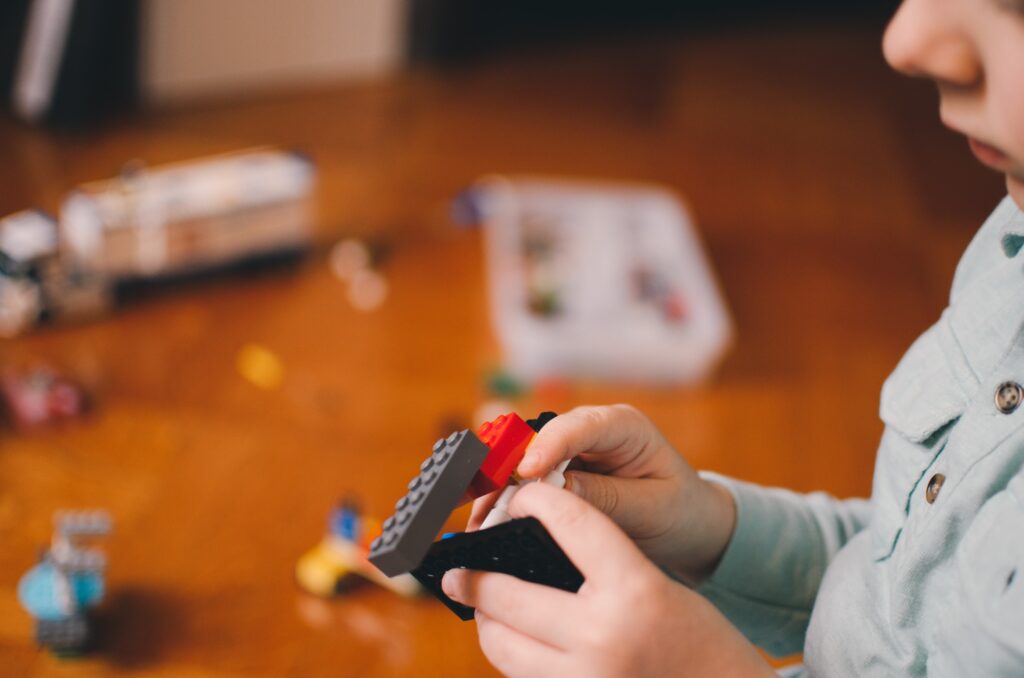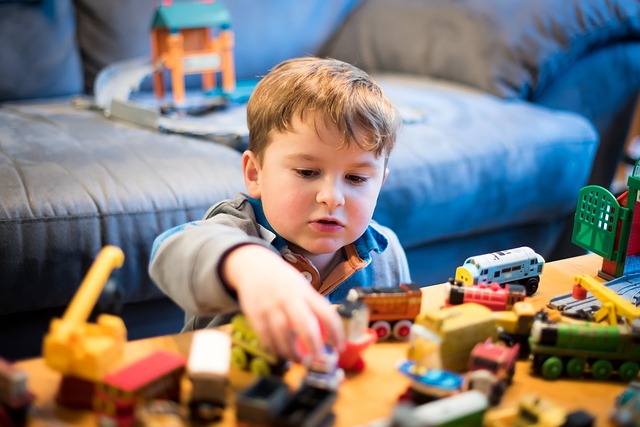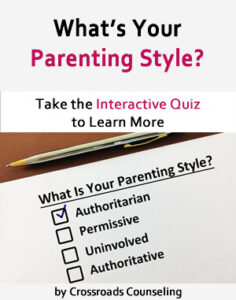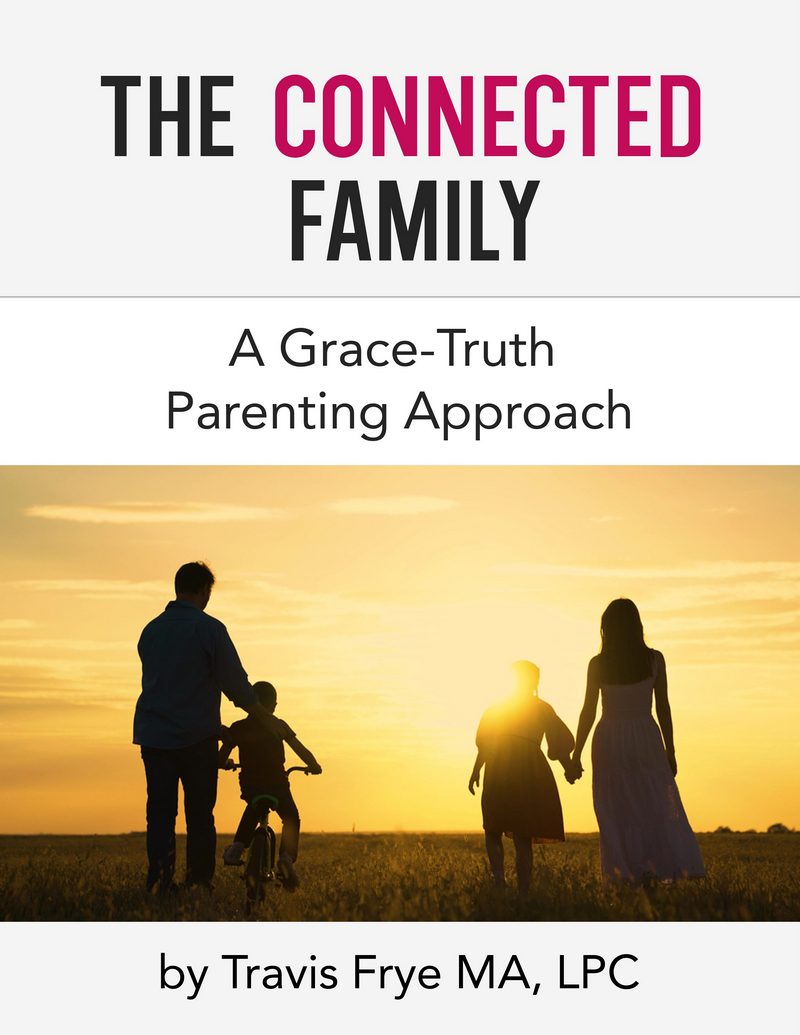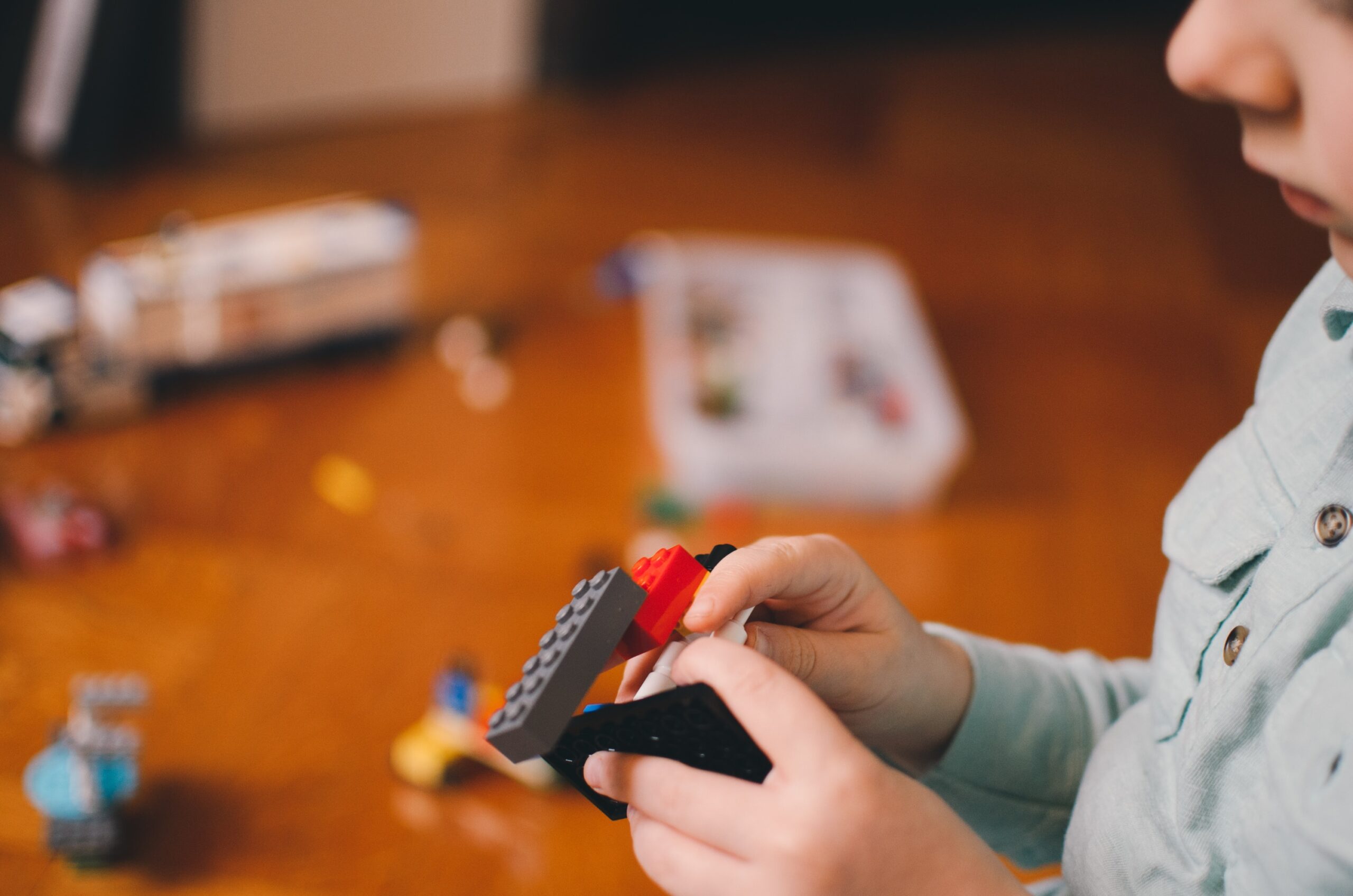What Are the Benefits of Play Therapy?
Children learn, grow, and express themselves through play. As an adult, it might not look like much when a child is interacting with a toy, drawing a picture, or using their imagination to make the mundane come to life.
But, playtime is more beneficial than you might think. It’s especially important for children who might be dealing with the effects of trauma, abuse, or other challenges in or out of the home.
Kids aren’t always able to express or even fully understand their own emotions at a young age. But, playing is natural. That’s why play therapy can be an important and beneficial tool.
Whether you know your child is struggling or you’re worried about the potential impact of a major life change, play therapy might be the answer. Let’s take a look at some of the benefits, and how it might help your little one.
What Is Play Therapy?
Play therapy is exactly what you might expect. It allows a child to play in ways that are comfortable and familiar to them while a therapist observes and asks questions. Sessions typically last about 30 minutes.
Depending on how open your child is to new people, it can take several sessions before they feel comfortable talking to a therapist. That’s okay, and there’s never any pressure. While some types of play therapy are more structured than others, the most important thing for everyone is to establish an environment that feels safe and comfortable.
With that in mind, some of the most common techniques used in play therapy include role-playing, dance, blocks and construction, and using dolls, action figures, or puppets. Some therapists might encourage children to draw pictures or use other forms of art to tell a story.
These techniques are designed to help the therapist get to know your child and learn how they can best help them cope with their emotions.
What Are the Benefits?
Again, children aren’t always able to understand or process their emotions on their own. It’s not even always easy for adults! In fact, play therapy is sometimes used for adults who have a hard time expressing their emotions, too. It’s especially helpful for grown-ups who have been through trauma or physical abuse, or people with unresolved childhood issues.
Play therapy utilizes something children already do on a daily basis. It’s natural for them, so they’re less likely to feel like they’re being questioned. It can teach them self-respect, empathy, and develop their social skills. It can also help them learn how to express their feelings in healthy ways, and alleviate feelings of anxiety.
Even from a young age, play therapy can also help children understand the importance of mental wellness. When they learn how to express themselves and understand their emotions, they’re less likely to hold things in or ignore their mental health as adults. They are also more likely to seek help as adults. Being open about mental health with children is a great way to get rid of societal stigmas surrounding it.
Should You Consider Play Therapy?
Are you concerned your child is going through a difficult time? Do you think they’re dealing with something but aren’t able to express themselves? Play therapy might be the best solution.
The best thing you can do as a parent or caregiver is to seek out a therapist who is experienced in this type of therapy. It’s normal to have questions or concerns. An experienced therapist is there to help both you and your child feel comfortable.
If you have some questions of your own or you’re interested in setting up an appointment for your little one, feel free to contact a Crossroad’s child counselor for more information. Please reach out soon for support and a 20-minute phone consultation, we’re here to help. Contact us by calling 623-680-3486, texting 623-688-5115, or emailing info@crossroadsfcc.com and ask to speak with one of our child counselors. You can ask all the questions you have to see if Crossroads is the right fit for you.
We have offices throughout the Valley of the Sun including Phoenix, Anthem, online child counseling, and Scottsdale.
Begin Working With A Child Therapist in Phoenix and Scottsdale Arizona
Finding the best way to help your child with their emotions and behaviors is much easier said than done. Our team of child therapists can help you in communicating in an effective way with your child. We offer support from our Phoenix and Scottsdale offices and across the state online. To start your therapy journey, please follow these simple steps:
-
- Contact Crossroads Counseling
- Meet with a child therapist
- Start addressing tough emotions with your child
